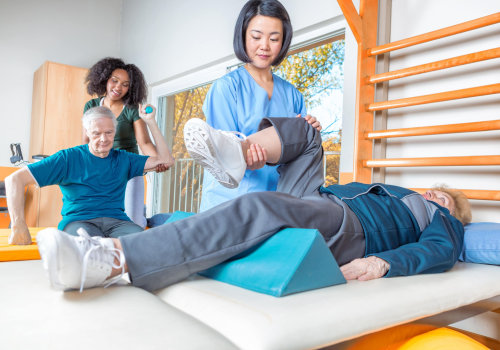Find support · Recovery and recovery support · Family therapy can help. As a result, 40 to 60 percent of people in recovery relapse at least once. This doesn't mean that addiction treatment isn't effective. It simply means that change is difficult.
People in recovery must keep their guard up at all times if they want to stay sober. To begin with, it's helpful to understand where personal vulnerability exists. For some, feelings of sadness or loss can cause a relapse. For others, a sense of happiness or power may trigger it.
Whatever the trigger, those thoughts can go around in the brain. If they are entertained, they can grow stronger and stronger until a relapse occurs. Capturing and identifying those thoughts is key to stopping a relapse. The transition from an inpatient rehabilitation center to everyday life comes with a number of challenges.
The recovery process is a lifelong journey and alcohol rehabilitation is just the first step in achieving sobriety and staying sober. The next step after rehabilitation is to establish a recovery plan that reinforces the lessons you learned during rehabilitation. Many parents expect their children to be “cured” after treatment, but substance use disorder can be a lifelong recurring illness that requires ongoing treatment. The initial completion of treatment is just the beginning of what could be a longer path to recovery.
Your child will need help managing his or her recovery over time. Fortunately, with ongoing treatment and compassionate support, it's possible (and often) for people to recover from addiction and regain their health, relationships, and goals. People who support people struggling with addiction often want to be able to do more to help them, and it can be tempting to try. National support groups include Alcoholics Anonymous, which is for people in recovery, and Al-Anon, which is a support group for their families.
The information provided by the Alcohol Rehabilitation Guide is not a substitute for treatment advice from a professional. This might be just the kind of feeling recovering addicts need to maintain sobriety when the rehabilitation program is over.



